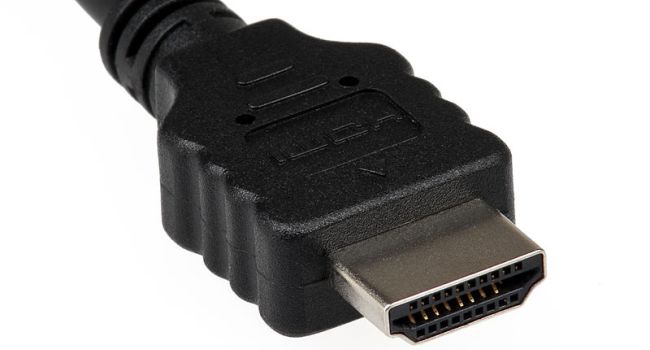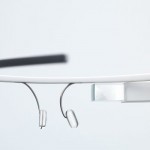Inbox icons, subject line sorcerers, CTA kings – the results are in. The 2025 You Mailed It Awards by Everlytic have crowned their champs, with Old Mutual Rewards and Machine_ taking…
HDMI 2.0 announced: ups throughput from 10 to 18Gbps

HDMI is one of those technologies that we can’t do without, it’s also something that slips under our radar most of the time. We expect HDMI to just “work”, to be there and meet our sound and video needs without much thought. But displays become more complex and up resolutions until there’s no choice but to not only upgrade our displays, but our cables as well. So here’s HDMI 2.0, which was announced today by the HDMI forum at IFA 2013. HDMI 2.0 can now handle bandwidth up to 18Gbps, which is a decent bump up from HDMI 1.0’s 10Gbps throughput.
Says the HDMI forum,
This latest HDMI Specification, the first to be developed by the HDMI Forum, offers a significant increase in bandwidth (up to 18Gbps) to support new features such as 4K@50/60 (2160p), which is 4 times the clarity of 1080p/60 video resolution; 32 audio channels; as well as dynamic auto lip-sync and extensions to CEC.
HDMI 2.0 is backwards-compatible with all HDMI 1.0 devices, so there’s no need to throw out older hardware. It’ll simply adapt to newer technologies that are 4K-ready, such as the new consoles the Xbox One and PS4. More excitingly, HDMI 2.0 will be made with the same cabling tech as legacy-HDMI, so we most likely won’t be paying substantially more for a new cable. Here’s absolutely everything new about HDMI 2.0:
- 4K@50/60, (2160p), which is 4 times the clarity of 1080p/60 video resolution
- Up to 32 audio channels for a multi-dimensional immersive audio experience
- Up to 1536kHz audio sample frequency for the highest audio fidelity
- Simultaneous delivery of dual video streams to multiple users on the same screen
- Simultaneous delivery of multi-stream audio to multiple users (up to 4)
- Support for the wide-angle theatrical 21:9 video aspect ratio
- Dynamic synchronization of video and audio streams
- CEC extensions provides expanded command and control of consumer electronics devices through a single control point


